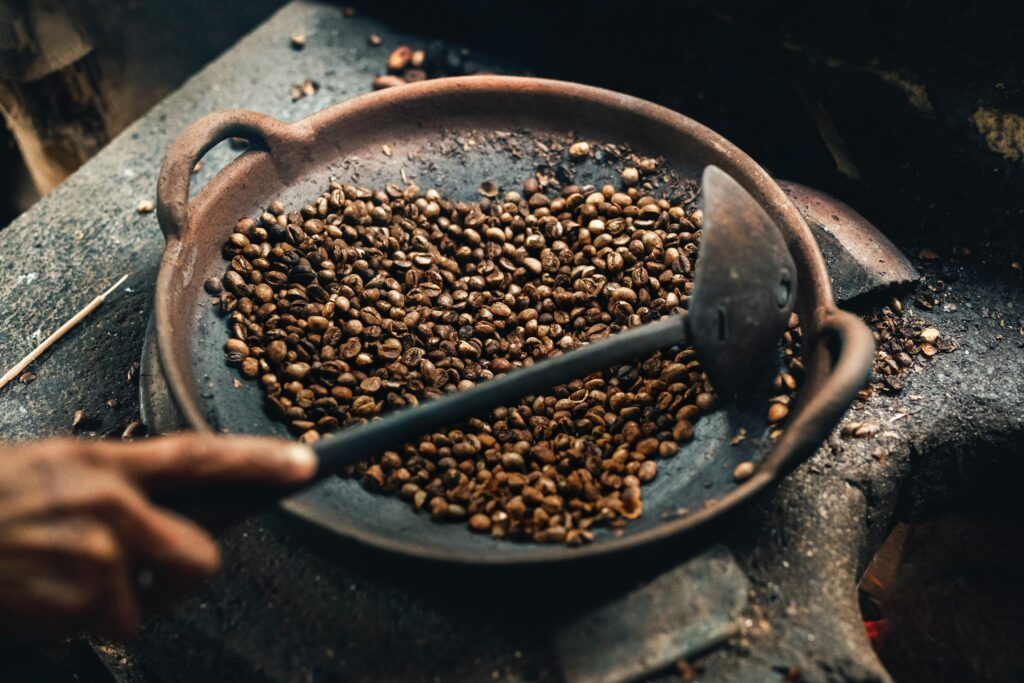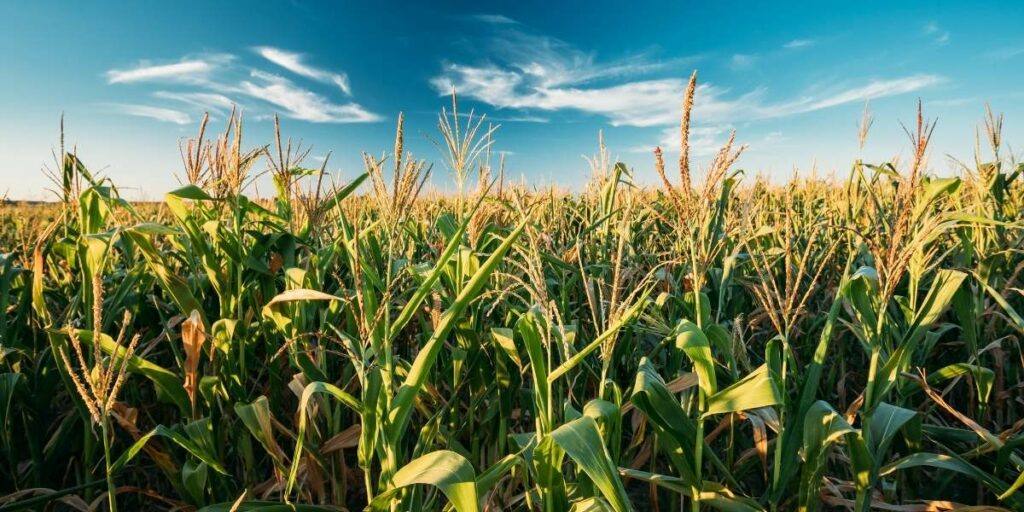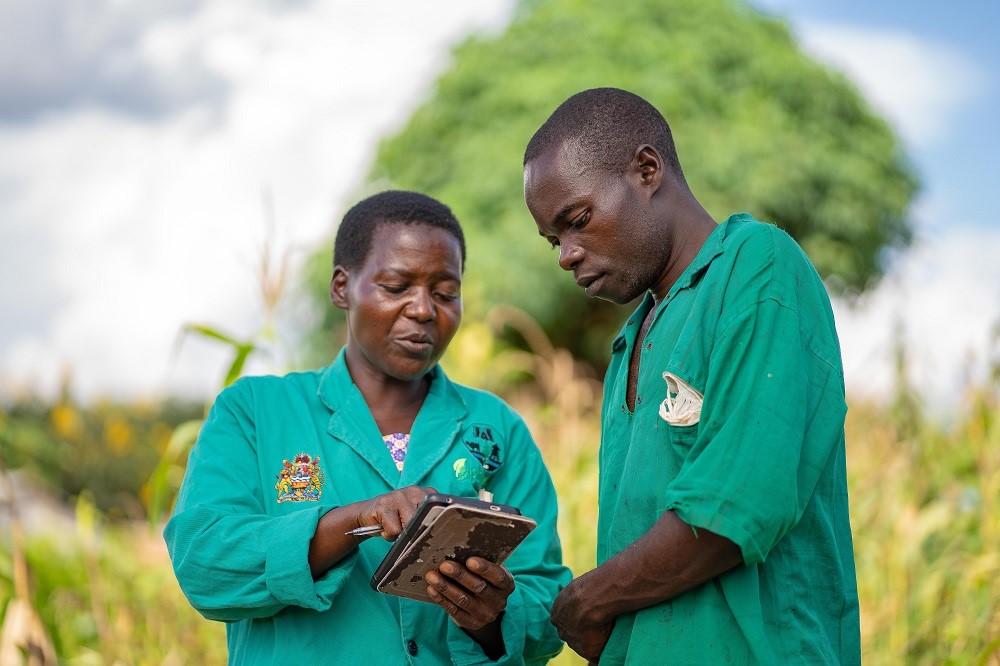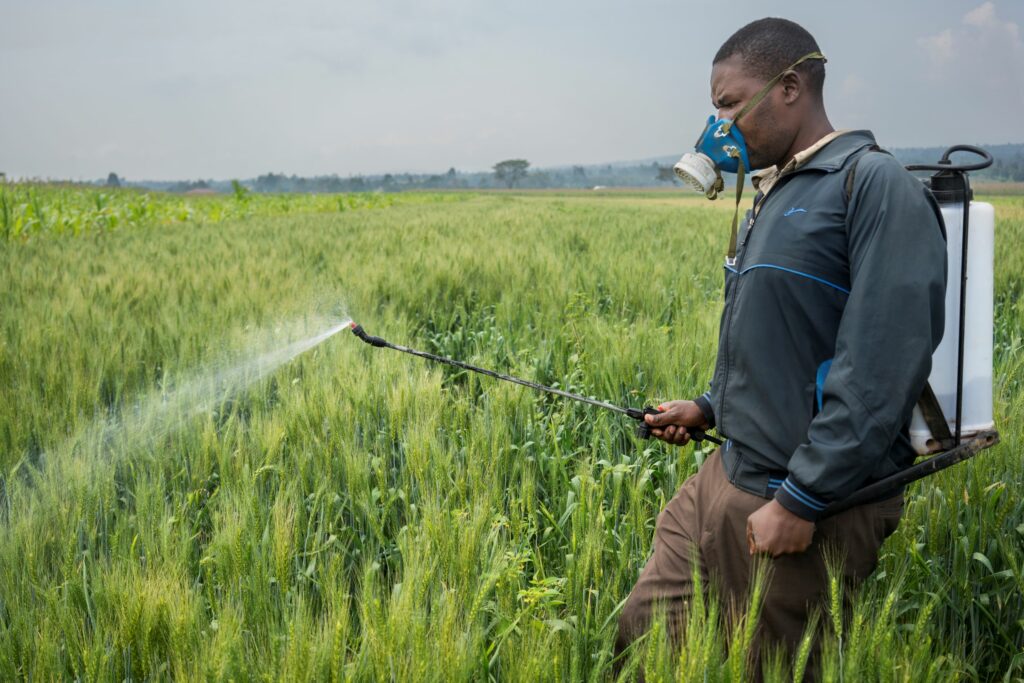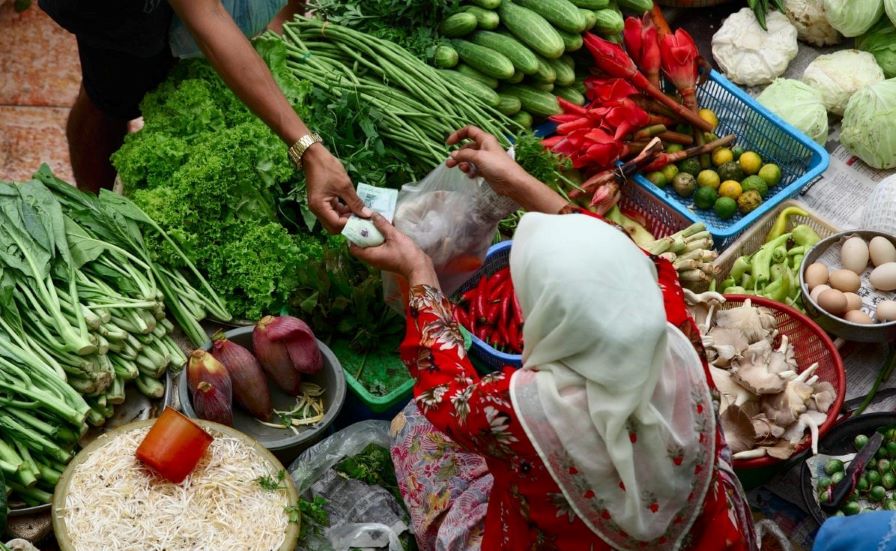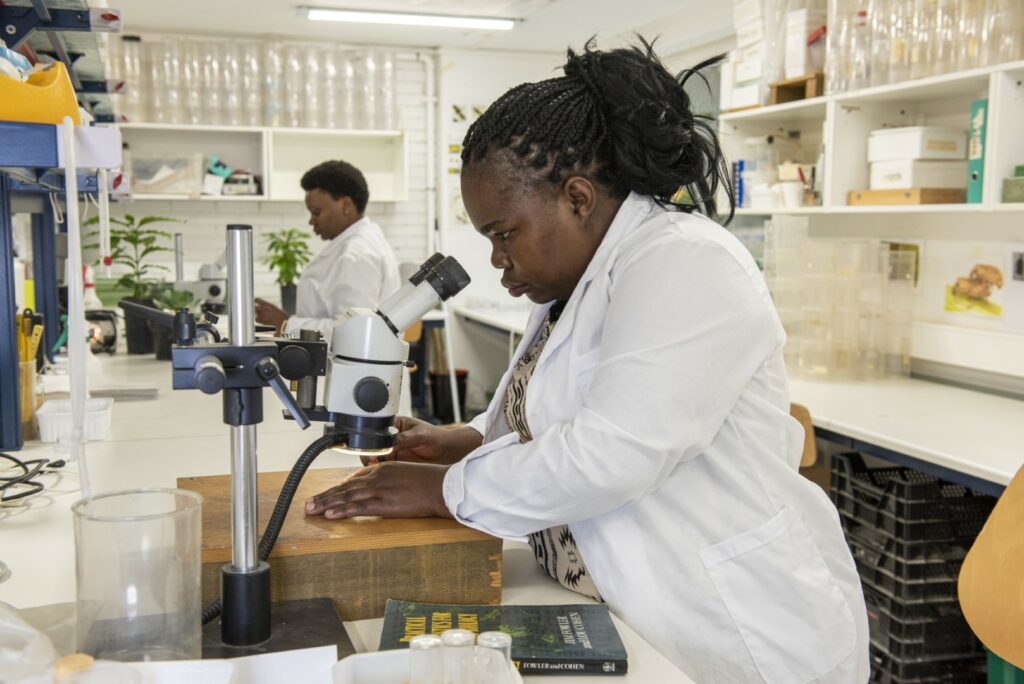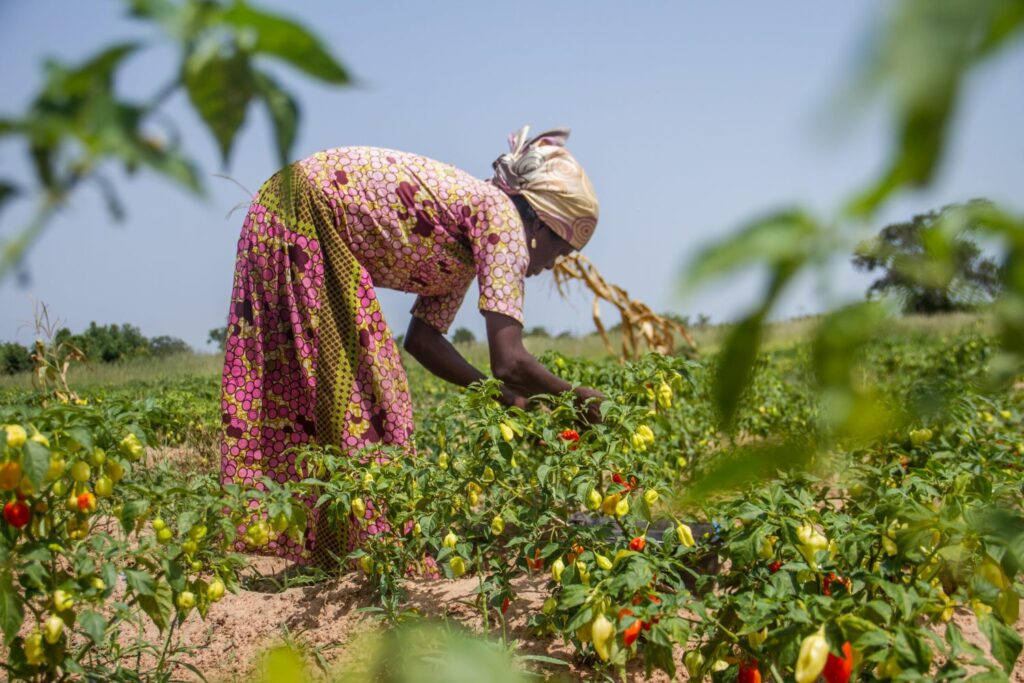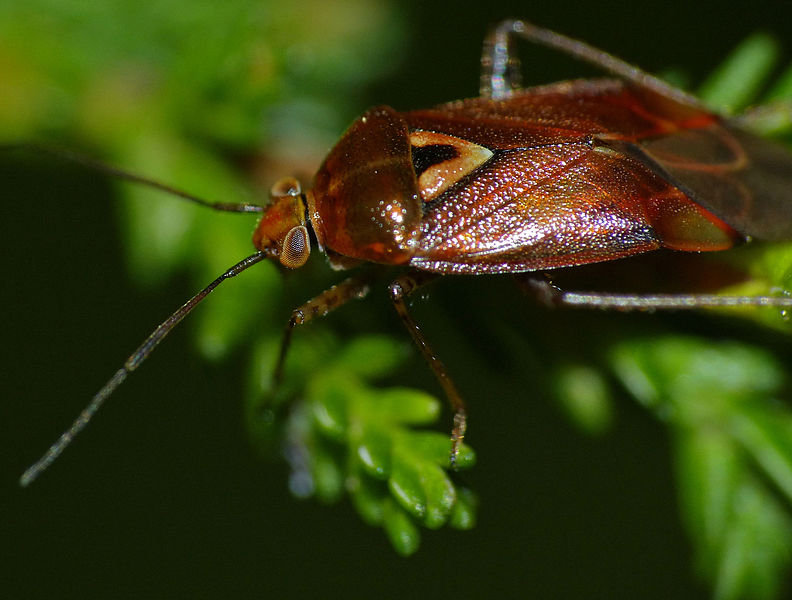Threats to Coffee Production: What are they and the solutions?
The global coffee industry cultivates over $100 billion in revenue with the world’s population consuming over 500 billion cups per year. Yet with this huge global industry, the coffee we drink today is extremely vulnerable. Out of the 124 species of coffee plants found throughout the world, only two are used to produce commercial coffee,…
Conservation farming: can it offset fall armyworm’s impact?
Conservation farming has been promoted in sub-Saharan Africa as a way to potentially improve yields while conserving the environment. Farmer livelihoods are increasingly threatened by climate change, declining soil fertility, land degradation, pests, and diseases. Finding sustainable farming methods that address these challenges is key to feeding a growing population.
Maize Lethal Necrosis Disease – the invasive threatening maize
Maize lethal necrosis disease (MLND) was first identified in Peru in 1973. Since then, the disease has spread rapidly to other parts of Latin America and the USA. In Africa, the disease was first reported in Kenya in 2011. By 2014, it had spread to other countries in East Africa including Tanzania, Rwanda, South Sudan,…
Benefits of Pest Risk Information Service highlighted at CODATA Virtual SciDataCon
The benefits of the CABI-led Pest Risk Information Service (PRISE) in helping smallholder farmers mitigate crop pests outbreaks, thereby boosting their yields and livelihoods, have been highlighted at the CODATA Virtual SciDataCon 2021.
Plantwise Knowledge Bank Country Resources – What’s available?
The Plantwise Knowledge Bank (PWKB) is a free online resource that gathers plant health information from across the world. Over 15,000 pieces of content, which include, pest management decision guide’s (PMDG), factsheets for farmers (PFFF), species pages, photo sheets, manuals and video factsheets in over 100 languages.
Three policy recommendations to reduce pesticide risk
Pesticides can provide rapid means of controlling pests and prevent crop losses, but they can also pose a major risk to humans, animals and the environment. A recent research paper, led by CABI’s Dr Justice Tambo, examined whether plant clinics can reinforce the judicious use of pesticides among farmers in Rwanda and Zambia. It also…
Increasing the demand for and supply of safer food
Saturday 16th October marks World Food Day – a day designed to raise awareness and action for those who suffer from hunger and for the need to ensure healthy diets for all. Around 805 million people go hungry every day. With 80% of food consumed in developing regions grown by small-scale farmers, finding a sustainable…
Apply now for online course on sustainable production practices
Applications for the first fully online Certificate of Advanced Studies (CAS) in Integrated Crop Management (ICM) are now open. CAS1 – Sustainable Production Practices is the first of three new online programmes developed and run by CABI and the University of Neuchâtel in Switzerland.
Watch the PlantwisePlus Launch Video
This week saw the digital launch of CABI’s new global programme – PlantwisePlus. The online event featured presentations from both CABI representatives as well as partner organisations, including FAO and the governments of Kenya and the Netherlands.
Update: New Pest & Disease Records (6 October 2021)
We’ve selected a few of the latest new geographic, host and species records for plant pests and diseases from CAB Abstracts. Records this month include a new species of Trionymus from Mexico and the first report of mirid bugs as a threat to bottle gourd in India.

